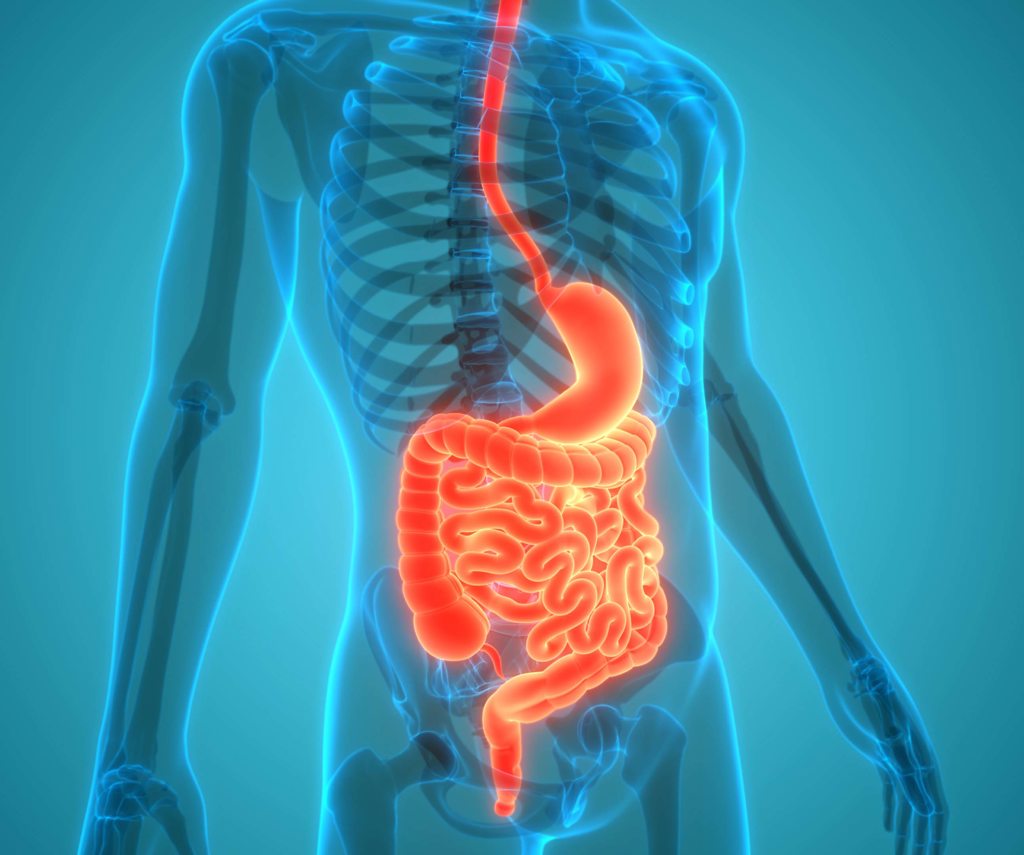Do you have these signs of an unhealthy gut?
The saying “the way to the heart is through the stomach” is truer than you may realize. Your heart health—in fact, the health of every part of your body—is closely connected to the health of your gastrointestinal tract, which is the long tube that runs from your mouth to your rear and includes your esophagus, stomach, intestines and the other organs that make up your digestive system.
Your digestive system, also called your “gut,” is home to trillions of bacteria, viruses, fungi and other microorganisms. This collection of microorganisms is called the “gut microbiome,” and how well they function is called “gut health.”
“The gut microbiome affects every system in your body, and the health of your digestive system is linked to the health of your skin, your immune system and even your mental health,” said Richard F. Latuska, MD, a board-certified gastroenterologist with Penn Highlands Gastroenterology. “Poor gut health can lead to sleep problems, depression, a higher risk of stroke and more.”
Paying attention to your digestive health is important for your overall well-being, and the following symptoms may be a sign that your gastrointestinal microbiome isn’t functioning properly.

Sign #1: Stomach issues
Digestive issues are one of the primary signs of poor gut health. Bloating, gas, diarrhea and heartburn are indications that your digestive system may be out of balance.
Sign #2: Weight changes
Have you lost or gained weight without making changes to your diet or exercise? Your body’s ability to store nutrients, regulate blood sugar and store fat is affected by your gut microbiome, and when it’s not working properly it can cause an unexplained change in weight.
Sign #3: Sleeping problems
Most of your serotonin is produced in your digestive system, and serotonin plays a critical role in your mood and sleep. If you’re experiencing insomnia or sleeping issues, it may point to a problem in the gastrointestinal tract.
Sign #4: Skin irritation
An imbalanced microbiome may cause inflammation within your digestive system. This inflammation makes your intestinal walls more porous, which can lead to toxins leaking from the intestine into the rest of your body. It can trigger an autoimmune response that results in eczema, rashes, breakouts and other skin irritations.
Sign #5: Sugar cravings
The bacteria within your gut secrete proteins that cause you to crave the substance it thrives on: sugar. When you satisfy the craving by eating sugar, it causes the bacteria to create more sugar-craving proteins, leading to a vicious cycle. An increased desire for sugar may be a sign that the bacteria in your microbiome have become imbalanced.
How to improve your gut health
“Because your gut health and your overall health are so closely connected, the same steps we recommend to improve your general health can also improve the health of your microbiome,” said Dr. Latuska. “This includes things like managing your stress levels, getting plenty of sleep, drinking lots of water and avoiding processed foods.”
You can also improve your digestive system’s health by taking prebiotics or probiotics. Prebiotics promote the growth of the beneficial bacteria living in your gut. Prebiotics are found naturally in fruit, vegetables and legumes, and you can buy prebiotic supplements as well.
Probiotics, on the other hand, are living microorganisms that can help balance the composition of the microbiome. Probiotics can be found in yogurt and fermented foods, like sauerkraut, kimchi and kombucha tea. You can also take probiotic supplements.
“Be aware that there are a lot of prebiotic and probiotic supplements on the market, and not all of them will help improve the health of your gut,” said Dr. Latuska. “Talk to your primary care provider to find the right one for you.”
Penn Highlands Healthcare offers comprehensive gastroenterology care, including diagnosis and treatment of diseases of the esophagus, stomach, small intestine, colon and rectum, pancreas, gallbladder, bile ducts and liver. For more information, visit www.phhealthcare.org/gi.

